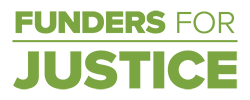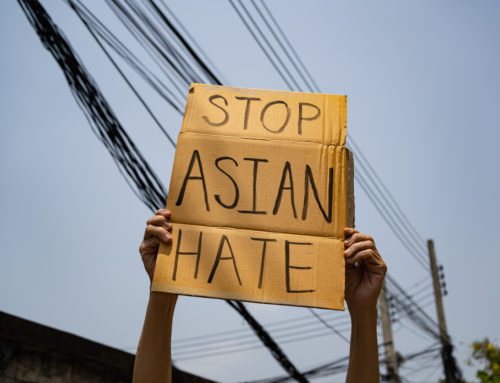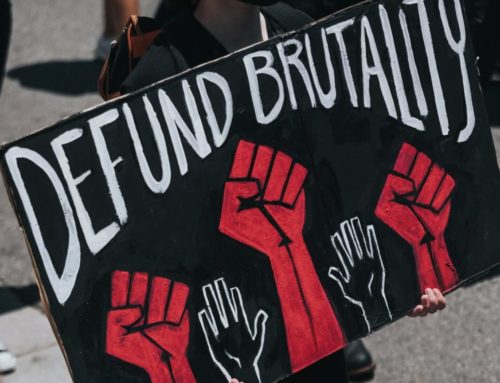Alicia Garza and two friends first tweeted #BlackLivesMatter to spark a conversation after the death of Trayvon Martin. Three years later, their hashtag has become a movement.
Following the police killing of Walter Scott in North Charleston, South Carolina, TIME Magazine hit newsstands with a cover dominated by large, block letters: “Black Lives Matter.” #BlackLivesMatter has infiltrated America’s modern vocabulary. It’s the rallying cry for a movement that began getting a lot of national attention after the police killing of Michael Brown in Ferguson, Missouri.
But #BlackLivesMatter began before Ferguson.
When George Zimmerman was acquitted of murder charges after killing Trayvon Martin, Alicia Garza of Oakland, California, turned to Facebook to express her anger and sadness. As a longtime social activist, Garza, who is now 34 years old, had been working for years to end systemic racism. She had led activist movements in the San Francisco Bay Area, from efforts to expose and end police violence to actions to secure free public transportation for youth. Currently, Garza is the special project director at the National Domestic Workers Alliance, where she works to protect the rights of black women employed in positions like housekeeping, childcare, and in-home aid.
Garza says that the moment she logged onto social media after the announcement of the Zimmerman verdict was eye-opening. She was bombarded with defeatist comments like “What did you expect?” or “I knew they would never convict him.” Overwhelmingly, these comments all pointed out the same thing: It’s treated as acceptable for unarmed black boys and men to be killed without consequence.
Garza knew that the criminal justice system was not going to address this problem. To fill that void, she and her friends Patrisse Cullors and Opal Tometi founded #BlackLivesMatter to spark nationwide discussion of the way black lives are consistently undervalued in America and what people can do to change that. “We really felt like there needed to be a space that people could relate to that didn’t blame black people for conditions we didn’t create,” explains Garza.
“When we began, #BlackLivesMatter was a series of social media platforms that connected people online to take action together offline,” says Garza. At the time, the three women were involved in Black Organizing for Leadership and Dignity (BOLD). Access to that national network helped their message spread quickly, and soon activist organizations across the country were using #BlackLivesMatter to shine light on underreported incidents of black people being attacked or killed by police.
Read the full article in Yes! magazine.


